Tooth infections can be excruciating and, if left untreated, potentially dangerous. Typically caused by bacterial growth in the dental pulp or gums, these infections often result in pain, swelling, and, in severe cases, systemic health complications. While prescription antibiotics like amoxicillin or metronidazole are commonly used to treat dental abscesses, many people turn to nature for powerful, natural antibiotics for tooth infection that come with fewer side effects and added health benefits.
In this article, we’ll explore what is the strongest natural antibiotic for tooth infection, compare several herbal and natural options, and help you understand how to safely use them as part of your oral care routine.
📢 Note: If you’re experiencing swelling in your jaw or face, fever, or difficulty swallowing, seek immediate dental care. Natural remedies are not a substitute for professional treatment in advanced infections.
- Understanding Dental Infections: What Really Happens?
- Why Choose Natural Antibiotics?
- More Natural Antibiotics Worth Considering
- How to Choose the Right Natural Antibiotic for You
- Best Practices for Natural Dental Healing
- When to Stop Home Remedies and See a Dentist
- Frequently Asked Questions
- Final Thoughts
Understanding Dental Infections: What Really Happens?
Before jumping into natural solutions, it’s essential to understand the root cause of a tooth infection. These infections typically begin when bacteria penetrate the enamel through decay, injury, or a failed dental procedure. The bacteria multiply in the inner pulp of the tooth or gum tissues, resulting in:
- Persistent throbbing pain
- Swelling in gums or cheek
- Sensitivity to heat or pressure
- Bad taste or odor in the mouth
- Formation of pus (abscess)
If not managed properly, the infection can spread to nearby tissues, sinuses, or even the bloodstream.
Why Choose Natural Antibiotics?
While prescription antibiotics are effective, they can disrupt gut health, cause allergic reactions, and contribute to antibiotic resistance. Natural antibiotics, on the other hand:
- Are less likely to cause resistance
- Often support immune function
- Come with anti-inflammatory and antioxidant properties
- Are widely accessible and affordable
They are best used for mild infections, preventative care, or as a complement to professional treatment. You can’t always rely on natural remedies for teeth infections.
Strongest Natural Antibiotics for Tooth Infection
Let’s explore some of the most scientifically supported natural options for managing a tooth infection.
1. Oil of Oregano – The Top Contender
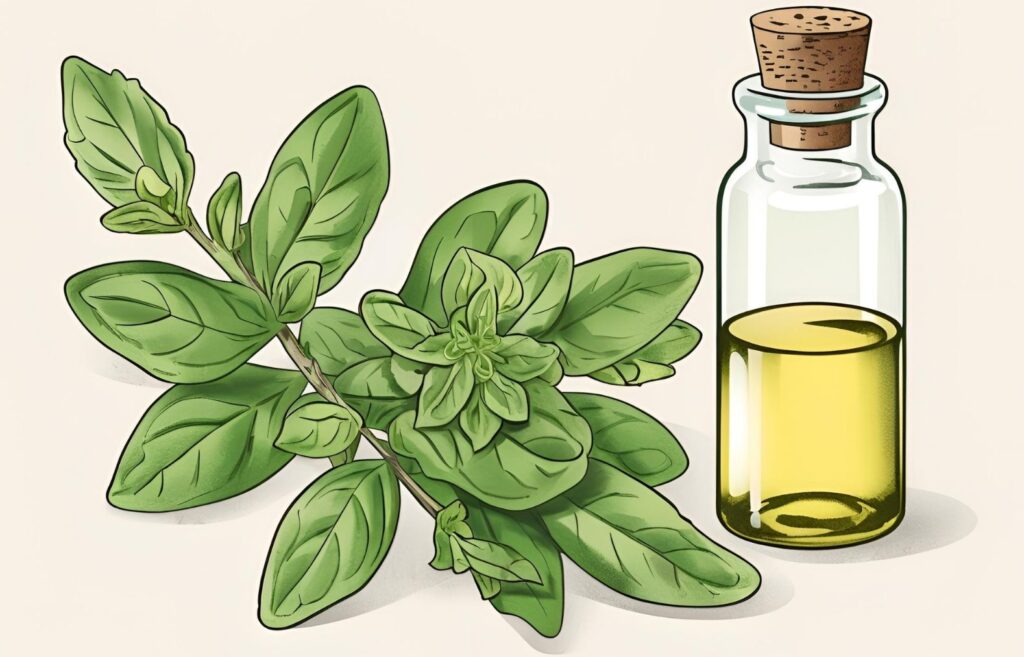
Oregano oil is widely recognized as the strongest natural antibiotic. It contains two powerful compounds: carvacrol and thymol, which have proven antimicrobial effects.
How it helps:
- Kills harmful oral bacteria like Streptococcus mutans
- Reduces inflammation in gum tissues
- Helps in numbing pain
Usage: Mix 2 drops with a teaspoon of coconut oil and apply directly using a cotton swab. Use twice daily.
⚠️ Tip: Never use undiluted oregano oil directly on sensitive gum tissue—it can cause burns or irritation.
2. Garlic
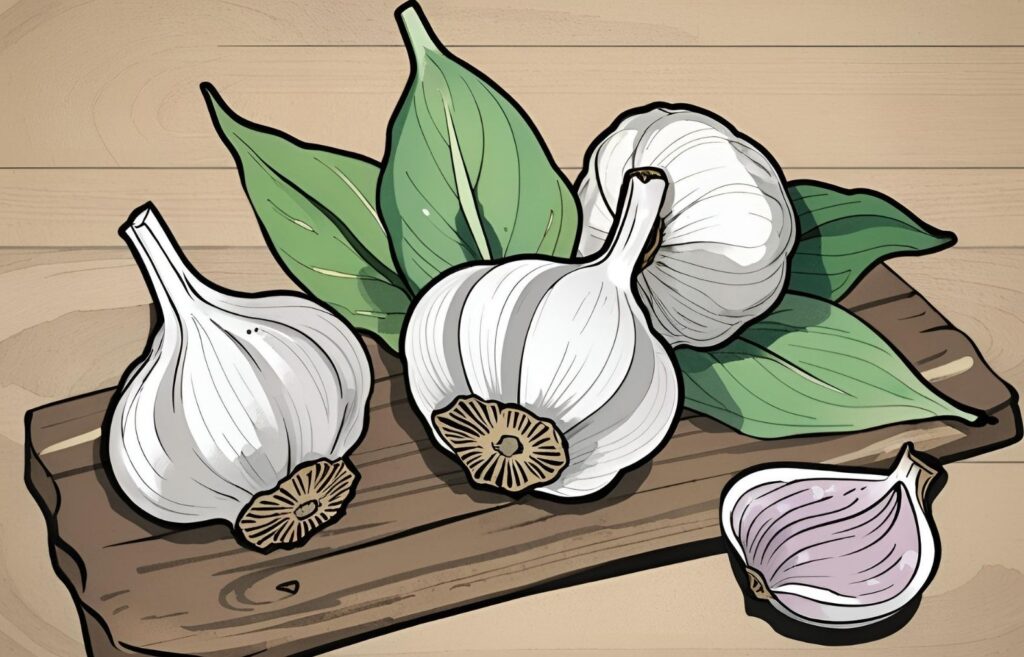
Garlic is one of nature’s most potent antibiotics due to its active compound allicin.
Benefits:
- Broad-spectrum antibacterial action
- Anti-inflammatory and pain-relieving
- Effective against both aerobic and anaerobic bacteria
How to use: Crush a garlic clove, place the paste on the infected area, leave for 5–10 minutes, and rinse.
3. Turmeric
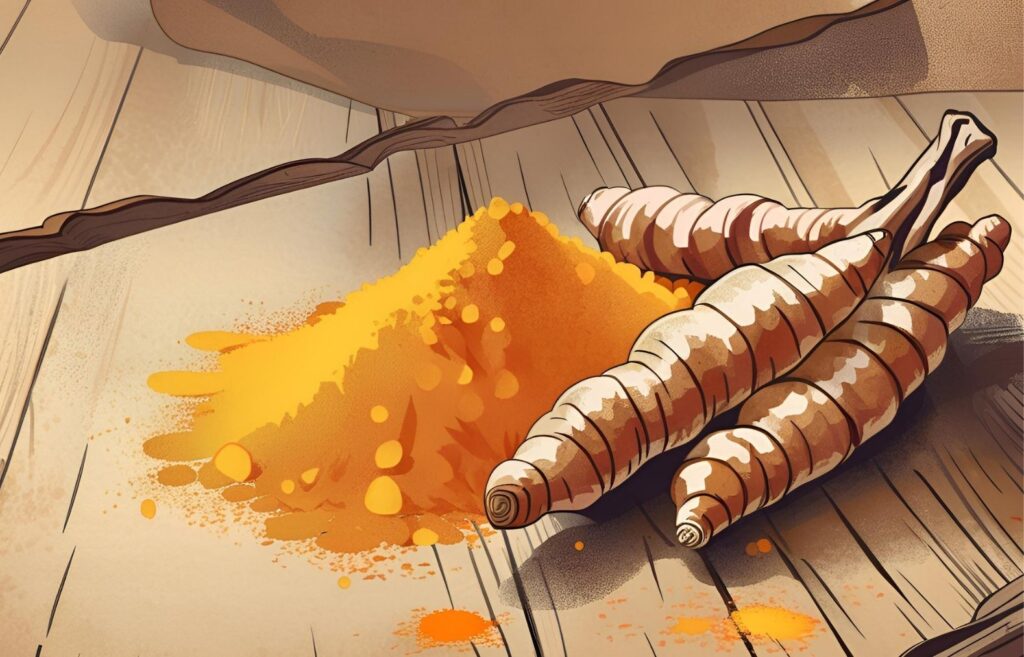
Curcumin, the active component in turmeric, exhibits strong antibacterial and anti-inflammatory activity.
Benefits:
- Reduces gum inflammation
- Inhibits bacterial growth
- Supports wound healing
Application: Create a turmeric paste using coconut oil or warm water and apply it to the affected gums.
4. Clove Oil
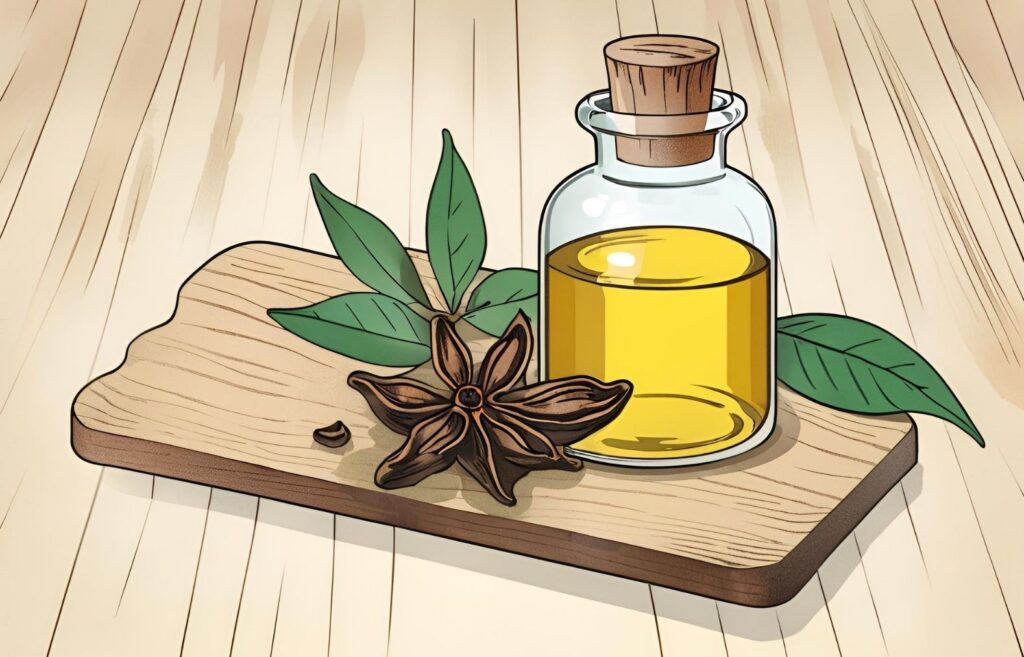
Clove oil is a time-tested remedy for toothache relief and bacterial control. Its main active compound, eugenol, is used in many dental products.
Benefits:
- Natural anesthetic
- Antibacterial and antiseptic
- Helps reduce swelling and pain
Use: Apply 1–2 drops on a cotton ball and press onto the painful area for 10–15 minutes.
More Natural Antibiotics Worth Considering
Let’s explore a few more effective natural remedies that may not be as widely known but have shown promising results for oral health and infection control.
5. Manuka Honey
Not your ordinary sweetener, Manuka honey from New Zealand contains methylglyoxal (MGO)—a powerful antibacterial agent.
Benefits:
- Inhibits bacterial growth
- Promotes tissue regeneration
- Soothes inflamed gums
Application: Dab a small amount directly on the infected tooth or gum. Repeat 2–3 times daily.
🍯 Did you know? Manuka honey is FDA-approved for wound healing and used in clinical settings for ulcers and surgical wounds.
6. Ginger
Ginger contains gingerol, a compound with both antimicrobial and anti-inflammatory effects.
Benefits:
- Fights bacterial infections
- Alleviates pain and swelling
- Improves circulation to affected area
Usage: Chew a small slice of raw ginger or apply ginger paste to the infected area.
7. Goldenseal
Goldenseal is a lesser-known but potent herbal remedy. Its key compound, berberine, has strong antimicrobial properties.
Benefits:
- Natural antibiotic for oral and skin infections
- Inhibits bacteria and fungi
- Boosts immune response
How to use: Mix goldenseal powder with water to form a paste and apply it to the infected area. Goldenseal tea can also be used as a mouth rinse.
8. Myrrh Extract
Myrrh is commonly used in Ayurvedic and traditional Chinese medicine. It’s a powerful astringent with antibacterial action.
Benefits:
- Heals inflamed gums
- Kills bacteria and prevents recurrence
- Tightens gum tissues
Usage: Add a few drops of myrrh tincture to warm water and use it as a mouth rinse. Repeat twice a day.
Also Read: Will Listerine Kill Tooth Infection?
How to Choose the Right Natural Antibiotic for You
Not every natural remedy works the same for every person. Here’s a quick checklist to help guide your decision:
| Remedy | Best For | Not Recommended If |
|---|---|---|
| Oregano Oil | Strong infection, rapid relief | Sensitive gums, allergy to mint family |
| Garlic | Mild infections, inflammation | If you have ulcers or bleeding gums |
| Manuka Honey | Children, gum infections | Diabetics (monitor sugar content) |
| Clove Oil | Tooth pain, swelling | If you’re pregnant or allergic |
| Turmeric | Inflammation, mild pain | Avoid staining; patch test first |
🦷 Note: Consistency is key. Natural remedies may take longer to show results than pharmaceuticals, so follow a routine and monitor your symptoms.
Best Practices for Natural Dental Healing
Using natural antibiotics effectively requires a holistic approach to oral health. Here are some tips to enhance the benefits:
- Maintain good oral hygiene: Brush twice daily and floss regularly to prevent bacterial buildup.
- Use saltwater rinses: A simple saline solution helps kill bacteria and soothe tissues.
- Stay hydrated: Water helps flush bacteria and supports the immune system.
- Avoid sugary foods: Sugar feeds harmful bacteria, worsening the infection.
- Strengthen your immune system: Eat antioxidant-rich foods like berries, spinach, and citrus fruits.
See Also: Signs of Sepsis from Tooth Infection
When to Stop Home Remedies and See a Dentist
While many mild tooth infections can improve with natural remedies, certain symptoms indicate a need for urgent professional care:
- High fever (above 101°F)
- Spreading swelling in your face, jaw, or neck
- Difficulty swallowing or breathing
- Persistent or worsening pain after 2–3 days of home treatment
- Pus drainage with bad odor
🚨 Warning: Tooth infections that reach the bloodstream or sinuses can become life-threatening. Do not delay professional treatment in severe cases.
Frequently Asked Questions
Can a tooth infection go away without antibiotics?
In very mild cases, a tooth infection may resolve with good hygiene and natural remedies. However, most infections require dental treatment to fully eliminate the bacteria and prevent recurrence.
Are essential oils safe for children with tooth infections?
Not all essential oils are safe for children. Oils like clove and oregano are too strong and may irritate their gums. Manuka honey or ginger is usually safer under supervision.
How long do natural remedies take to work?
You may see some relief in 24–48 hours, but complete healing may take up to a week or more, depending on the remedy and severity of infection.
What is the fastest way to get rid of a tooth infection naturally?
To quickly relieve a mild tooth infection at home, combine multiple remedies such as oil pulling with coconut or oregano oil, saltwater rinses, and applying garlic paste or clove oil directly to the affected area. However, if pain or swelling persists beyond a few days, professional dental treatment is essential to prevent complications.
Can a natural antibiotic heal an abscessed tooth without a root canal?
In early stages, some natural antibiotics like oregano oil, garlic, and turmeric may help control bacterial growth and reduce inflammation. However, a fully abscessed tooth often requires a root canal or extraction to remove the source of infection. Natural remedies can support healing but should not replace professional care in severe cases.
Final Thoughts
When it comes to what is the strongest natural antibiotic for tooth infection, oil of oregano leads the list due to its concentrated antimicrobial power. However, remedies like garlic, clove oil, turmeric, and manuka honey also offer impressive results for mild to moderate infections.
Natural remedies are most effective when used as part of a comprehensive oral care routine and in early stages of infection. Always monitor your symptoms, and don’t hesitate to consult a dentist if the condition worsens or doesn’t improve.
Disclaimer: The content provided in this article is for educational and informational purposes only. It does not substitute professional medical advice, diagnosis, or treatment. For guidance specific to your dental condition or recovery, please consult your dentist, oral surgeon, or licensed healthcare provider.







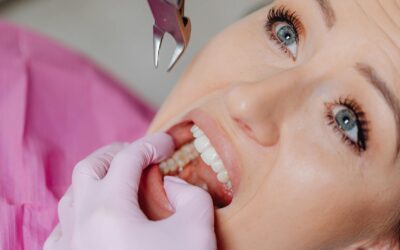




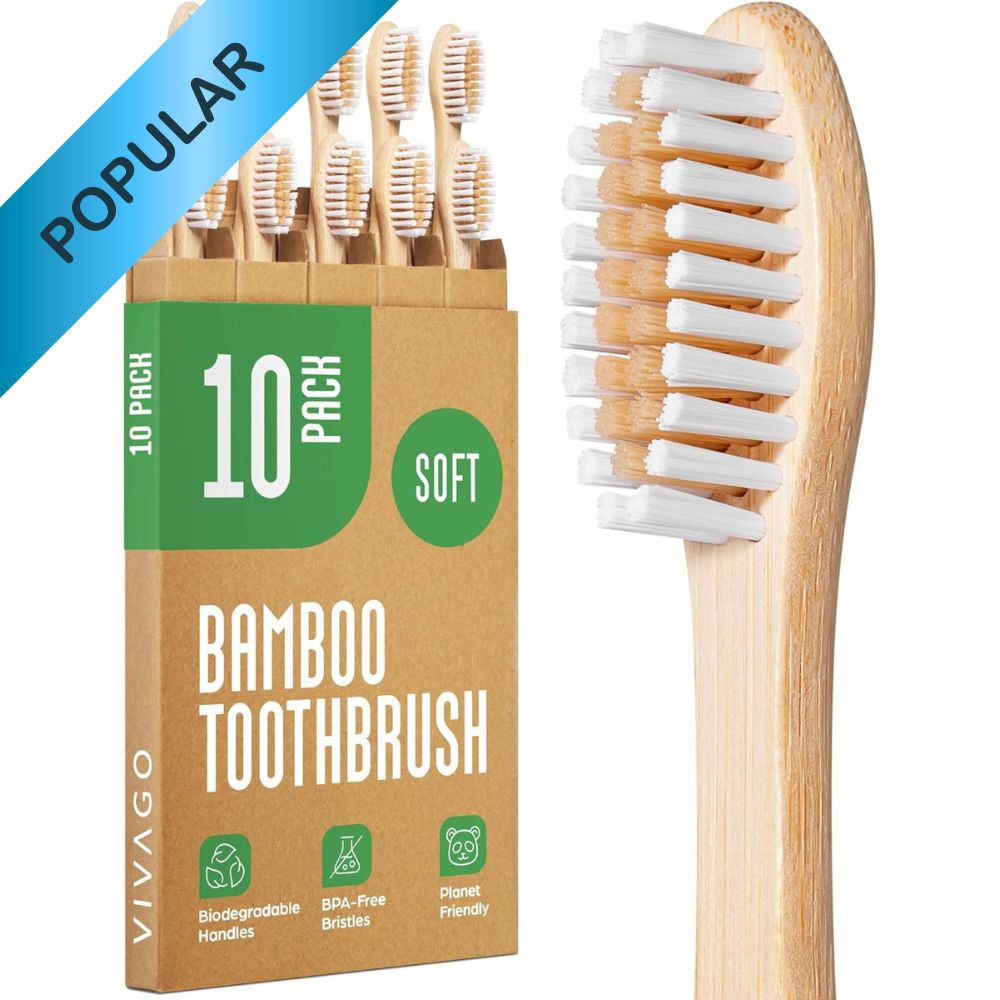




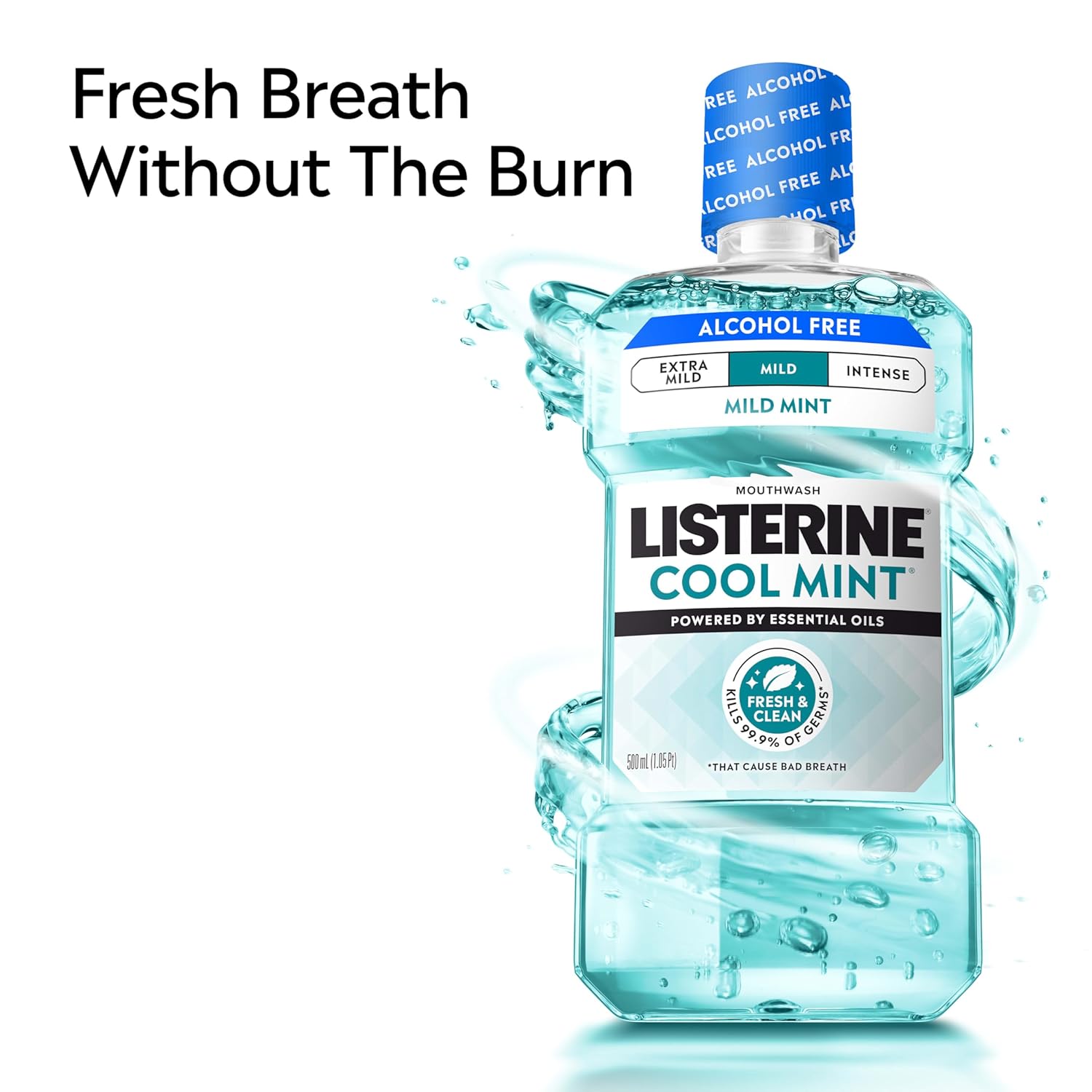
Pretty section of content. I just stumbled upon your website and
in accession capital to assert that I acquire in fact enjoyed account
your blog posts. Anyway I will be subscribing to
your augment and even I achievement you access consistently rapidly.